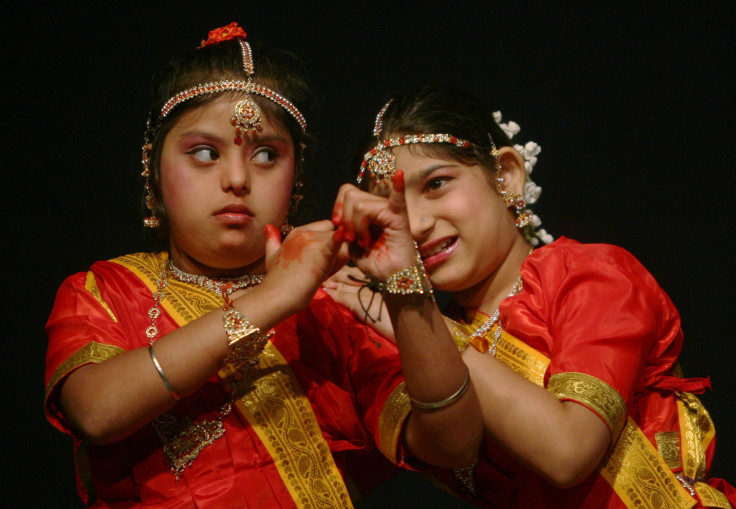New Autism Treatment In India And Pakistan Aims To Improve Lives Of 5 Million Children

Autism is an incredibly complicated disorder, and one that can be difficult to treat in the first world let alone poorer, third world countries. So a new autism treatment program that could improve the lives of some five million autistic children in India and Pakistan could be groundbreaking, according to researchers in South Asia and their collaborators at the Universities of Liverpool and Manchester.
The treatment, known as PASS — parent-mediated intervention for autism spectrum disorder in south Asia — was tested out in Rawalpindi, Pakistan and Goa, India in a study. Parents of 65 autistic children from these locations participated in the trial, during which they learned about the treatment from health workers. These local health workers were able to communicate with the parents in their first language, and began the program by explaining the causes, misconceptions, and stigmas about the condition.
“Although early interventions have been used for the treatment of children in high-income countries, no substantive trials have been done of the interventions adapted for use in low-income and middle-income countries,” the authors wrote. “We therefore assessed the feasibility and acceptability of the parent-mediated intervention for autism spectrum disorder in south Asia in India and Pakistan.”
PASS targets the parents of children with autism more than the kids themselves as a way to facilitate better care and communication from parents to their children. For 12 weeks, parents met with health workers to learn more about the disorder. After those 12 weeks, the children with autism were more likely to initiate communication with their parents, and the parents showed they had learned a lot.
According to the Centers for Disease Control and Prevention (CDC), about 1 percent of the world’s population has autism; in the U.S., the prevalence is about 1 in 68 births. The researchers estimate that there are some five million children with autism in South Asia, a region that includes India, Bangladesh, Nepal, Pakistan, Afghanistan, Bhutan, and Sri Lanka.
It can be difficult to live with autism anywhere, but it’s especially trying in cultures or countries that don’t fully understand mental health disorders or offer any treatments for them. In many of these places, there’s instead a stigma surrounding mental illness. Past studies showed this parental intervention type of treatment to be successful in the UK, but this is the first study to show it can be helpful in countries without broad mental health initiatives.
“We’ve shown that these techniques can help children in the UK, but in South Asia, there are factors such as lack of resources, trained staff, language and cultural differences, and poor access to medical centers, which means that methods need to be adapted,” said Professor Atif Rahman, an author of the study from the University of Liverpool, in a press release. “This study is the first to have adapted a treatment so as to allow it to be delivered by non-specialist health workers in south Asian communities. It has been outstandingly successful in showing that such adaptation is both possible and can produce changes that are equal or even better than we achieved in UK”
Source: Rahman A, Divan G, Hamdani S, Vajaratkar V, Taylor C, Leadbitter K. Effectiveness of the parent-mediated intervention for children with autism spectrum disorder in south Asia in India and Pakistan (PSS): a randomised controlled trial. The Lancet Psychiatry. 2015.
Published by Medicaldaily.com



























